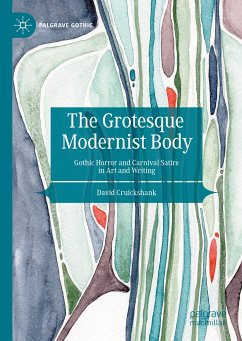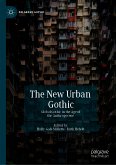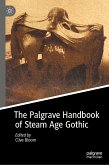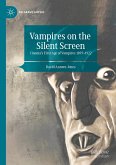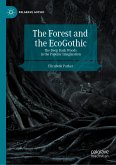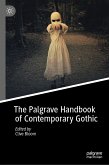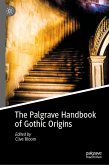the medieval carnival satire of Rabelais, the gothic horror of the long nineteenth century, from Hoffmann, Shelley and Poe to H.G. Wells and Henry James, and the uncanny, dreamlike art of Goya and Rousseau.
Dr. David Alexander Johnson Cruickshank is an independent scholar who received his PhD from King's College London in 2020, following an Oxford MSt and a BA at Queen Mary. His research promotes modernist bodies as a way to understand how colonial capitalism exploits our personal identity, converting socio-economic forces into horrible transformations of human into object, both for modernists then, and for our own modern moment.
Dieser Download kann aus rechtlichen Gründen nur mit Rechnungsadresse in A, B, BG, CY, CZ, D, DK, EW, E, FIN, F, GR, HR, H, IRL, I, LT, L, LR, M, NL, PL, P, R, S, SLO, SK ausgeliefert werden.

